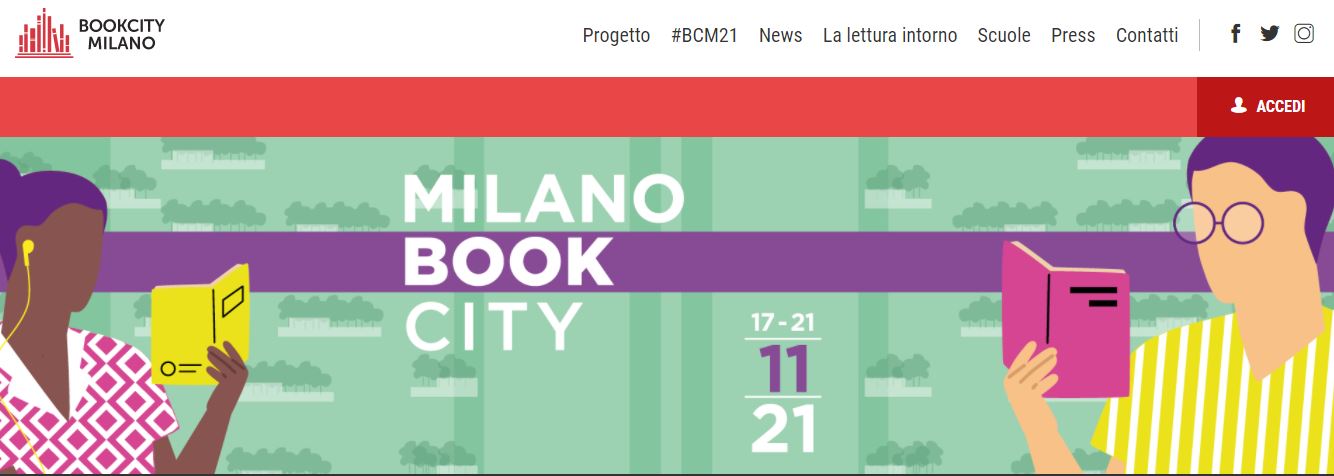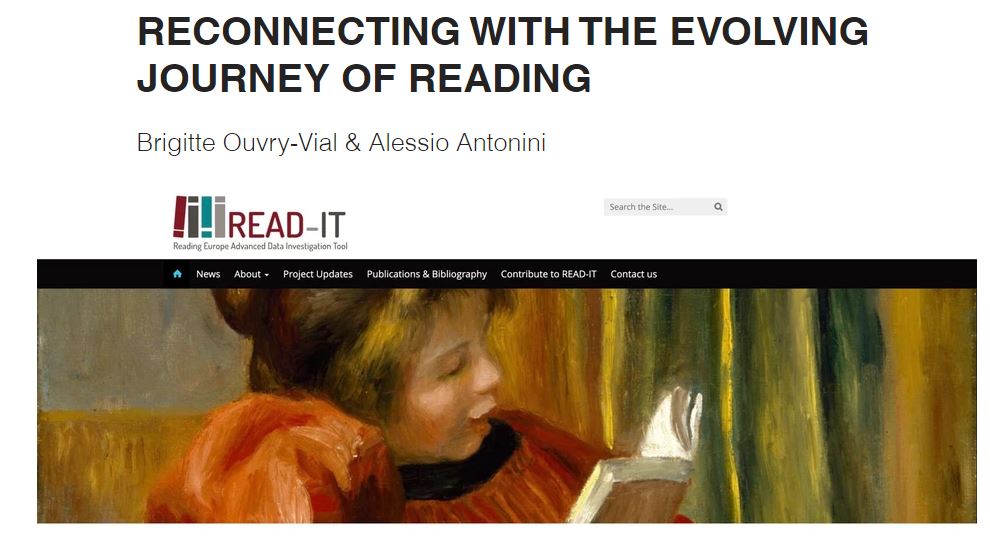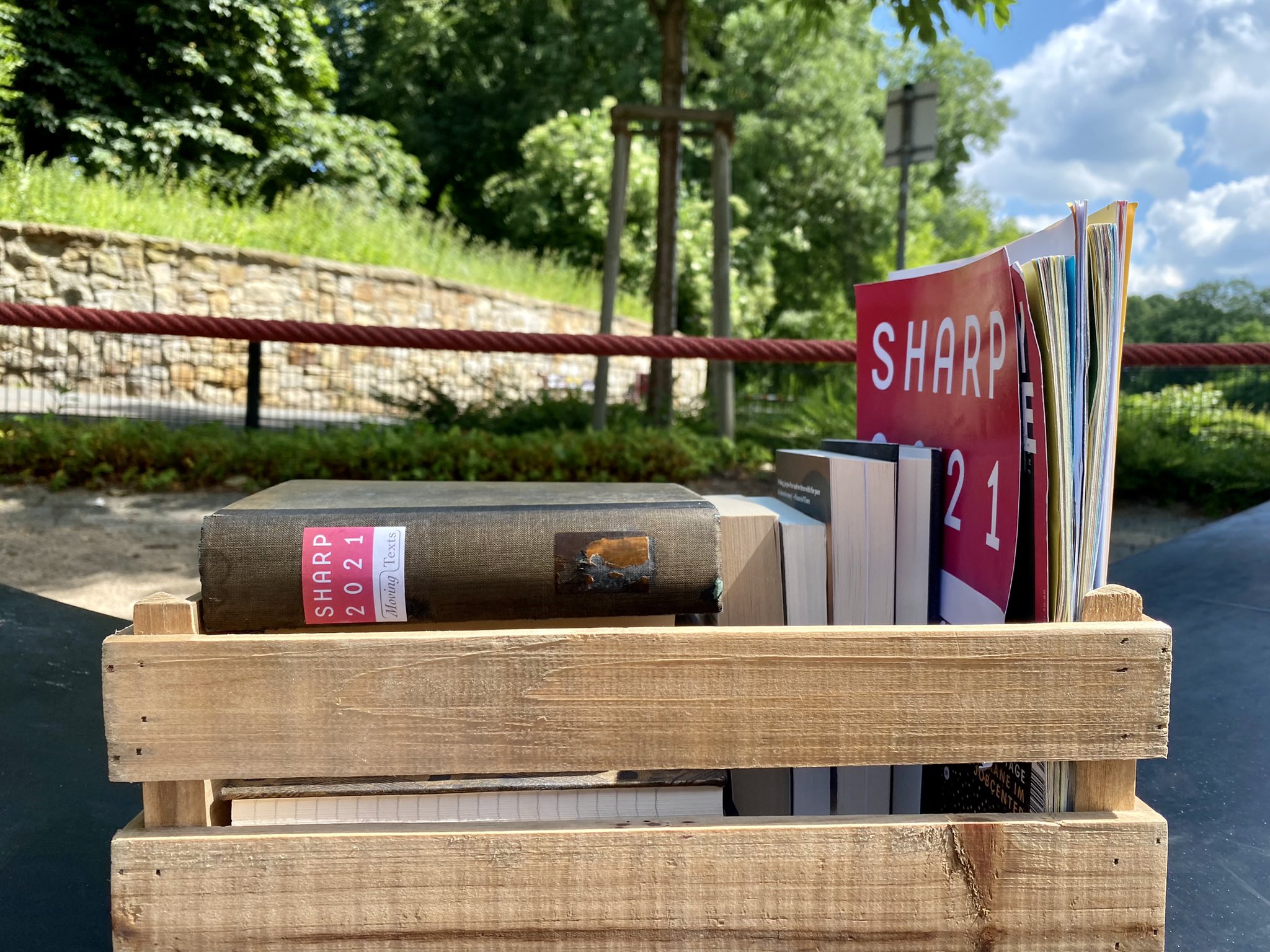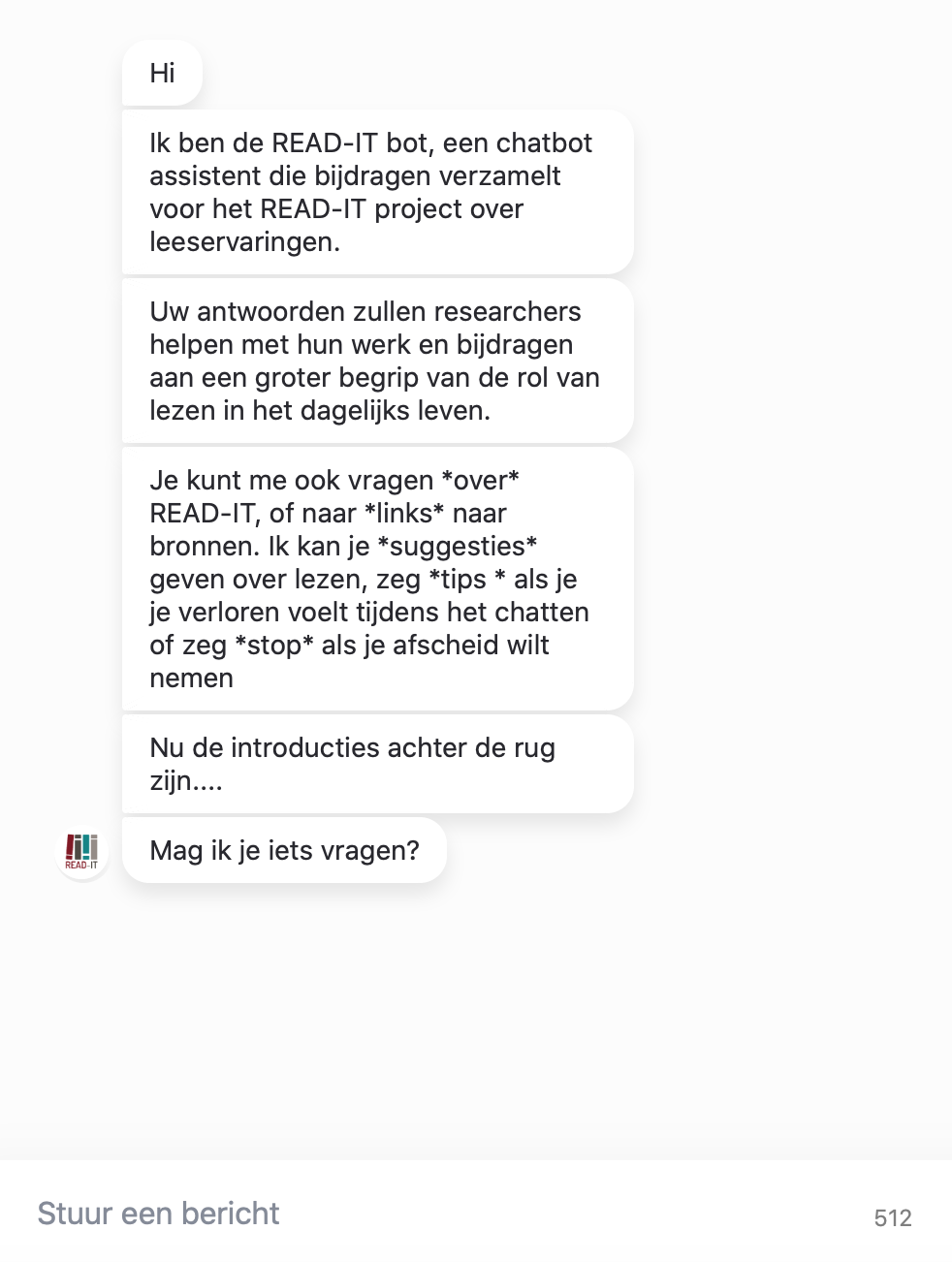The Intelligent Systems and Data Science team (ISDS) collaborates with academics from Arts and Humanities to promote the application of a broad range of Artificial Intelligence techniques to support humanistic enquiry.
In the EU-funded H2020 project Polifonia (2021-2024), we lead a multi-disciplinary team of OU researchers, collaborating with the Music Department and the Music Computing Lab in building the European Knowledge Graph of Musical Heritage. Our role spans information extraction from unstructured content (texts and music) and developing innovative ways to apply Knowledge Graphs for supporting research in musicology and cultural studies on music.
Our expertise in AI and Web technologies is also applied to the museums’ archives and social media in the EU-funded project SPICE: Social Cohesion, Participation, and Inclusion for Cultural Engagement.
The project researches and develops innovative methods for Citizen Curation. Within SPICE, we develop the Linked Data infrastructure to connect cultural objects, collections, and citizen contributions with a stack of intelligent services for content discovery, analysis, and tracing.
We are also currently working on the EU-funded READ-IT project, a 3-year (2018-2020) interdisciplinary R&D project funded by the Joint Programming Initiative for Cultural Heritage. The aim of the project is to build a unique large-scale, user-friendly, open access, semantically-enriched investigation tool to identify and share evidence about 18th-21st century reading experiences in Europe.
Past initiatives include the Listening Experience Database (LED) project, where we are collaborating with musicologists at the Open University, the University of Glasgow and the Royal College of Music. LED developed an open access database containing over 10 thousands accounts of personal listening experiences. In this project, we capitalize on our experience in Ontologies and Linked Data, as well as our expertise in developing sophisticated processing pipelines. The LED data can be accessed from the Open Knowledge Graph of the Open University. These enable domain experts to identify relevant material in textual corpora, import this material into the database and then access it through a faceted browsing interface. The latter facilitates the specification of complex search queries while at the same time hiding the complexities of database query languages.
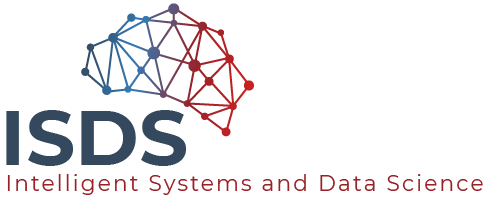

 Scholarly Knowledge Mining
Scholarly Knowledge Mining
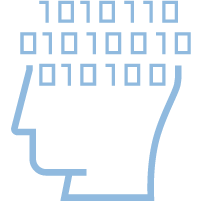 Digital Humanities
Digital Humanities
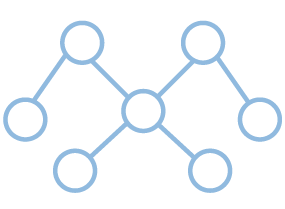 Data Science
Data Science
 Smart Cities and Robotics
Smart Cities and Robotics






